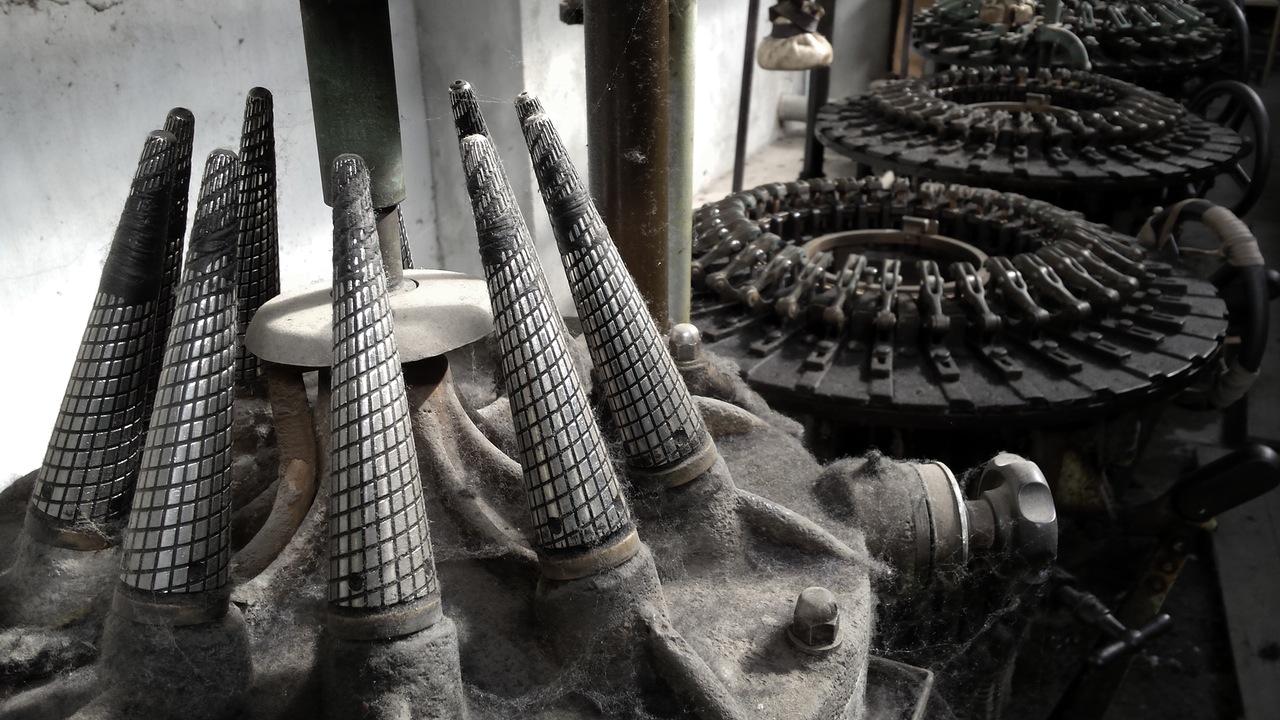The Reserve Bank believe that any policy that discourages negative gearing may be good for Australia’s financial stability.
The Reserve Bank has presented the story that originally negative gearing was pitched as a way to increase the number of houses being built, which would push down rent prices and make it easier for people to save for their deposit.
But then “negative gearing became a tax rebate for investors and for wealthier older people. So housing prices were driven up by investors rather than actual home buyers.”
The Labor party wants to limit negative gearing to new properties, and cut the capital gains tax discount from 50% to 25%, to make housing more affordable by slowing the pace of house price growth. The policy, which is in much controversy these days, will be effective from 1 July, 2017. The Labor party believe it is a policy that could help the middle class and working class families realise their dream of home ownership. They believe that it will allow individual investors to negatively gear investments in newly built residential real estate.
As per the Negative gearing policy Investors are subsidised to buy housing they are losing money on, it makes housing a really attractive investment option which pushes up prices and makes it harder and harder for younger people to get into the market resulting in renting for longer terms.
However it is suggested that the implementation of this policy could affect thousands of small businesses despite its unintended target of affecting business assets. The policy could curb the practice of margin lending in the share market and will affect private investors in unlisted small businesses. 93% of home-loans in Australia go towards existing properties.
Labor says by restricting negative gearing to brand new properties, it will drive investors to build more housing stock and reduce competition amongst existing housing. Because if you’re an investor trying to reduce the amount of tax you pay, then investing in new housing will be your only option to access negative gearing.
According to the Australian Bureau of Statistics. Tax changes will clearly reduce the after tax benefits for property investors. The key question is whether the market responds by reducing the price of housing, or by increasing rents, or by absorbing a reduction in returns.
Ultimately consideration has to be given to the fact that there will be many middle to low income earners that will suffer because of this proposed tax change as well – including teachers, nurses, etc….
The tax refunds and reduced capital gains currently on offer present opportunities for this level of taxpayer to start to accumulate assets outside of superannuation by providing them with reduced taxes and increased cash in hand to meet loan repayments.
The last time negative gearing was tampered with (by the Keating Government), saw all changes quickly reversed, when it resulted in a significant level of damage to the construction industry. The removal of the ability to claim losses from the operation of an investment may have far reaching affects into other investment classes and business operations alike and it would be hoped that a cautious approach be taken.







Leave A Comment